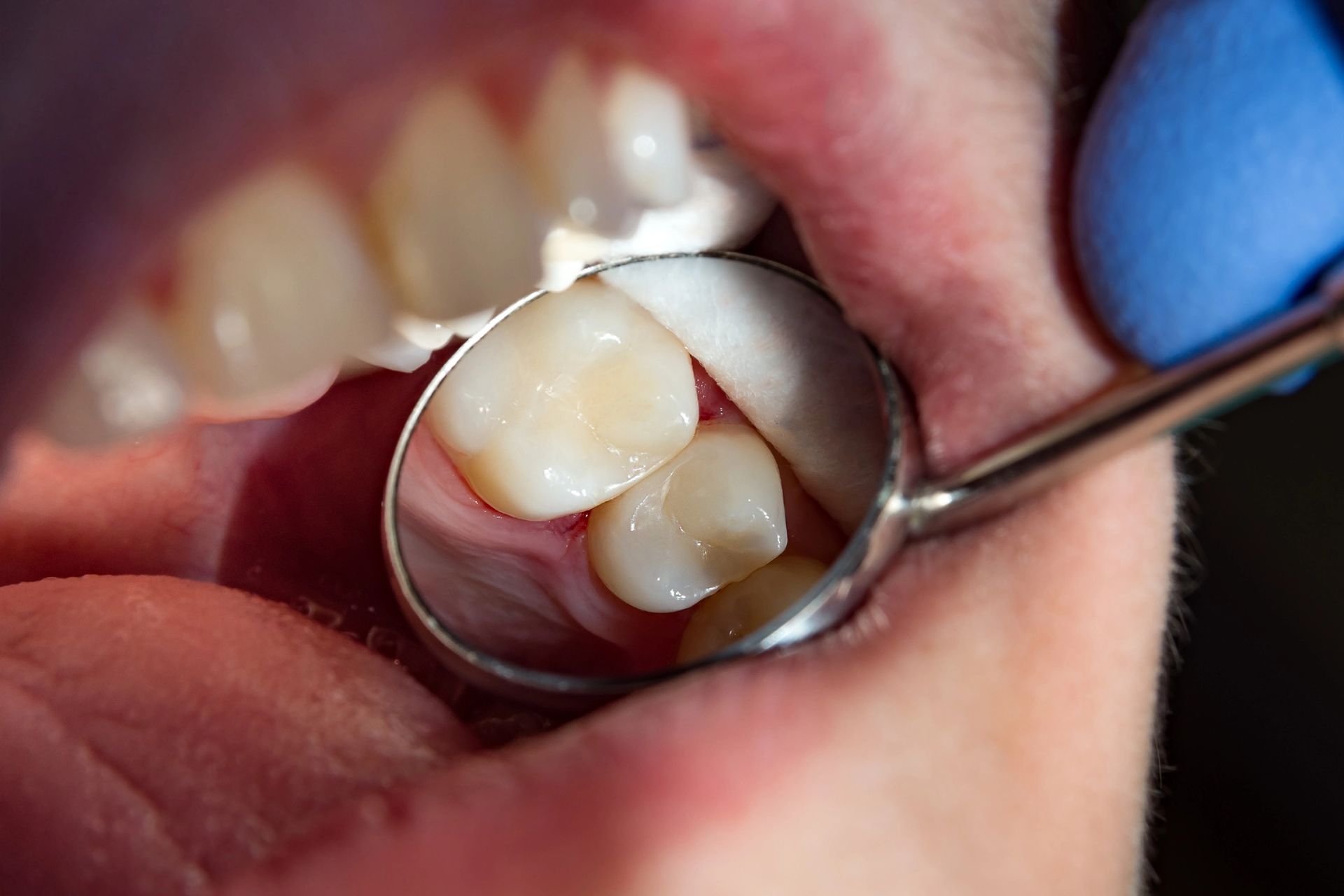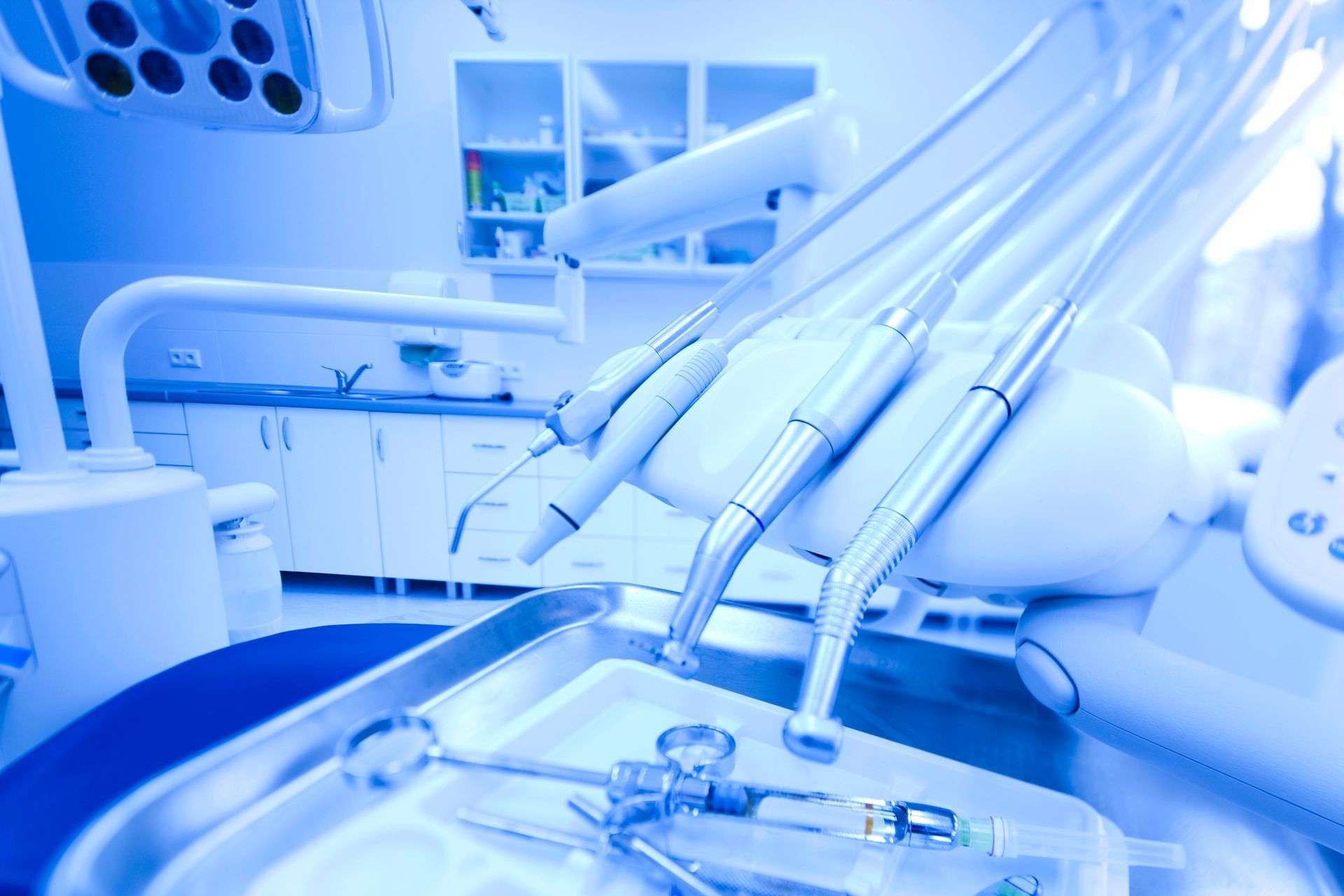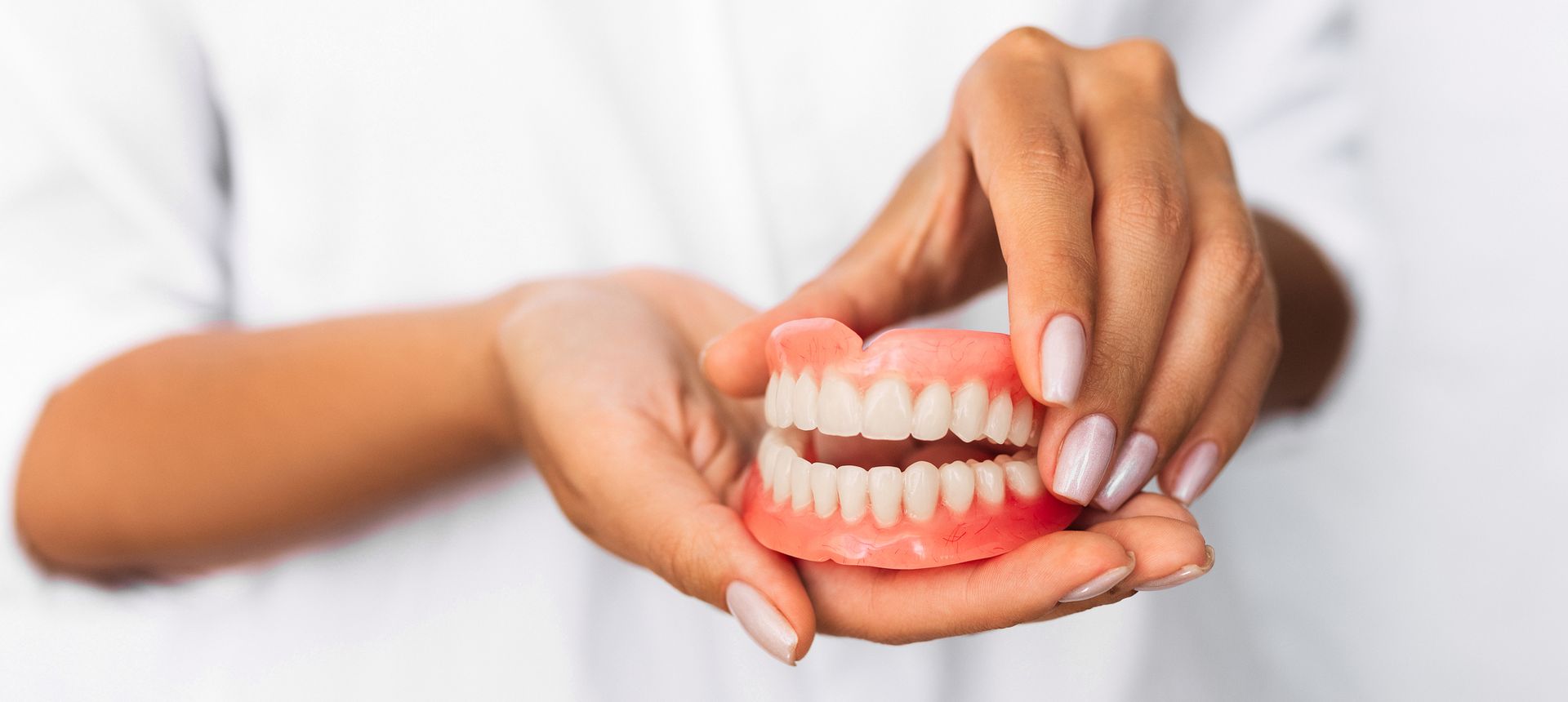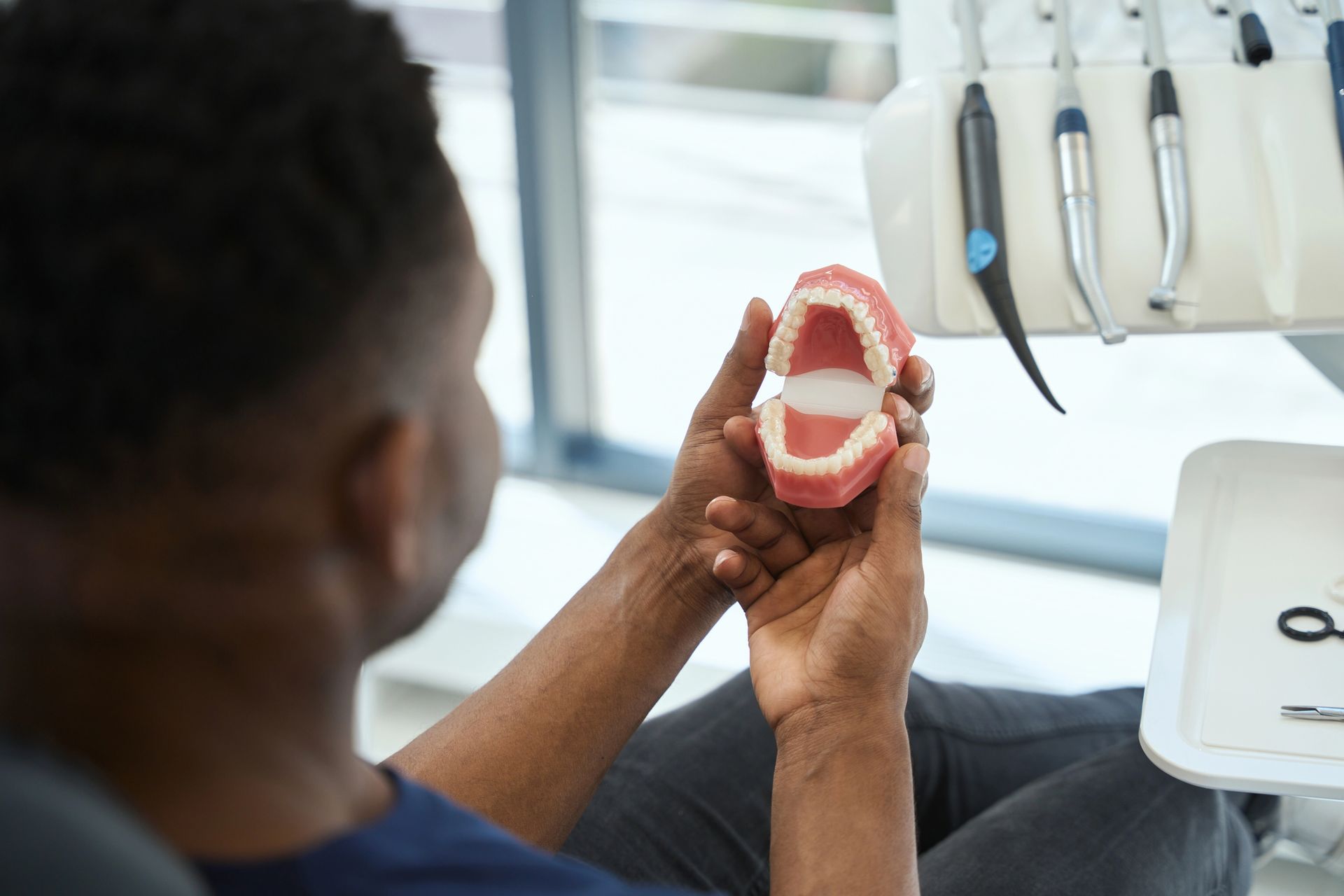
How Long Do Zirconia Crowns Last?
Zirconia crowns are renowned for their durability and strength, making them a popular choice for dental restorations. On average, zirconia crowns can last anywhere from 10 to 15 years, depending on various factors such as oral hygiene practices and the individual's lifestyle. The robust nature of zirconia material contributes to its longevity, providing a reliable solution for those seeking long-term dental restoration options. Understanding how long do zirconia crowns last can help individuals set realistic expectations for their dental care. While zirconia crowns are designed to withstand the pressures of daily use, their lifespan can be influenced by several factors, including the patient's oral habits and overall dental health. Regular dental check-ups and maintaining good oral hygiene can play a significant role in extending the life of these crowns. If you ever find yourself in a situation where your crown becomes dislodged, you might find it helpful to read more about what steps to take by visiting our page on Dental Crown Fell Off What to Do Next to Protect Your Tooth Factors affecting crown longevity The longevity of zirconia crowns can be influenced by several factors, which play a crucial role in determining how long do zirconia crowns last. One of the primary factors is the individual's oral hygiene practices. Regular brushing and flossing can help maintain the integrity of the crown by preventing plaque buildup and gum disease, which can compromise the crown's stability. Additionally, the skill and experience of the dental professional who places the crown can significantly impact its durability. A well-fitted crown is less likely to experience issues such as chipping or loosening over time. Another important factor is the patient's lifestyle habits. For instance, those who engage in teeth grinding or clenching may experience a shorter lifespan for their zirconia crowns due to the excessive pressure exerted on the dental work. Dietary choices also play a role; consuming hard or sticky foods can lead to wear and tear on the crown. Furthermore, regular dental check-ups are essential for monitoring the condition of the crown and addressing any potential issues early on. For those interested in exploring options for dental crowns, you can find more information about Affordable Dental Crowns Columbia by visiting our Affordable Dental Crowns Columbia page. Importance of Regular Dental Check-Ups Understanding how long do zirconia crowns last involves recognizing the crucial role of regular dental check-ups in maintaining their longevity. These appointments allow dental professionals to monitor the condition of your crowns, ensuring they remain in optimal shape and function. Regular check-ups can help identify any potential issues early, such as wear or damage, which might affect the lifespan of your zirconia crowns. By keeping up with these visits, you contribute to the overall health of your dental work and ensure that your zirconia crowns continue to serve you well over time.Role of Oral Hygiene Practices The longevity of zirconia crowns is significantly influenced by the role of oral hygiene practices. Maintaining a consistent and thorough oral care routine can help ensure that zirconia crowns last as long as possible. Regular brushing and flossing are essential to prevent plaque buildup, which can lead to gum disease and affect the stability of the crowns. Additionally, routine dental check-ups play a crucial role in monitoring the condition of the crowns and addressing any potential issues early on. Understanding how long do zirconia crowns last involves recognizing the impact of daily oral hygiene habits on their durability. For those in Columbia seeking more information, Design Dentistry Columbia offers insights into maintaining dental health, and you can learn more by visiting your local Columbia Dentist.
Impact of Dietary Habits
Dietary habits can significantly influence how long zirconia crowns last. Consuming a diet high in sugary foods and acidic beverages may contribute to the wear and tear of dental restorations, including zirconia crowns. These dietary choices can lead to an increased risk of decay around the crown margins, potentially compromising their longevity. On the other hand, a balanced diet that supports overall oral health can help maintain the integrity of zirconia crowns over time. Understanding the relationship between diet and dental health is essential for those looking to maximize the lifespan of their zirconia crowns.Influence of Teeth Grinding
Teeth grinding, also known as bruxism, can significantly impact how long zirconia crowns last. This involuntary habit exerts excessive pressure on dental restorations, including zirconia crowns, potentially leading to premature wear or damage. While zirconia is renowned for its durability and strength, the constant grinding motion can compromise its longevity over time. Understanding the effects of teeth grinding is crucial when considering how long zirconia crowns last, as it highlights the importance of addressing underlying dental habits that may affect their lifespan.Professional Cleaning Frequency
Understanding the professional cleaning frequency is essential when considering how long do zirconia crowns last. Regular dental check-ups play a crucial role in maintaining the longevity of zirconia crowns. During these visits, dental professionals can assess the condition of the crowns and perform necessary cleanings to prevent plaque buildup and other potential issues. While the specific frequency of professional cleanings may vary based on individual needs, maintaining a consistent schedule with your dentist ensures that zirconia crowns remain in optimal condition, contributing to their durability and lifespan.Signs of Crown Wear and Tear
Understanding the signs of wear and tear on zirconia crowns is essential for anyone curious about how long do zirconia crowns last. Over time, you might notice subtle changes such as slight discoloration or a dulling of the crown's surface, which can indicate natural aging. Additionally, small chips or cracks may appear, especially if the crown has been exposed to excessive force or grinding. These signs can serve as indicators that the crown is experiencing normal wear, which is a factor in determining its longevity. Regular dental check-ups can help monitor these changes and assess the overall condition of your zirconia crowns.htmlWhen to Consult a Dentist
Understanding how long do zirconia crowns last is essential for maintaining optimal oral health. While zirconia crowns are known for their durability and longevity, regular dental check-ups are crucial to ensure they remain in good condition. If you notice any discomfort, changes in bite, or visible damage to your crown, it may be time to consult a dentist. Regular professional evaluations can help identify potential issues early, ensuring that your zirconia crowns continue to function effectively and maintain their aesthetic appeal over time.Conclusion
Understanding how long do zirconia crowns last is essential for maintaining a healthy smile. For more information, call 803-408-7163 or [read reviews on Google Maps](https://maps.app.goo.gl/Mn6Pt8Sw7v1e67Za8).

Understanding the various types of dental crowns can help you make an informed decision about your dental health, as each type offers unique benefits and considerations.
Types of Dental Crowns: Porcelain Crowns
Porcelain crowns are a popular choice due to their natural appearance and durability. These crowns are crafted from high-quality ceramic material that closely mimics the translucency and color of natural teeth, making them an excellent option for restoring front teeth. Porcelain crowns are known for blending seamlessly with your existing teeth, providing both a visually appealing and functional solution for dental restoration.
In addition to their aesthetic benefits, porcelain crowns are resistant to staining, helping to maintain their appearance over time. They are custom-made to fit your tooth precisely, ensuring a comfortable and secure fit. For more information on another type of dental crown, you can read about What Are CEREC Dental Crowns and Why Are They Popular?.
Ceramic Crowns
Ceramic crowns are another popular option due to their natural appearance and durability. Made from high-quality porcelain, these crowns blend seamlessly with your existing teeth, making them ideal for front tooth restorations. Their biocompatibility ensures that they are well-tolerated by the gums and surrounding tissues, reducing the risk of allergic reactions.
One key advantage of ceramic crowns is their ability to mimic the translucency and color of natural teeth, providing an aesthetically pleasing result. This makes them a preferred option for those who prioritize the appearance of their smile. If you're considering your options among the different types of dental crowns, learn more by visiting our guide on Affordable Dental Crowns Columbia.
Metal Crowns
Metal crowns are one of the most durable options available. Made from various metal alloys, including gold, platinum, and base metals like nickel or chromium, these crowns are known for their strength and longevity. They are particularly resistant to wear and tear, making them ideal for molars that endure heavy chewing forces. While their metallic color makes them less popular for visible front teeth, their durability and performance make them a reliable choice for many dental restoration needs.
Resin Crowns
Resin crowns are an affordable and easy-to-apply option. Made from composite resin material, they can be color-matched to your natural teeth, offering a more aesthetically pleasing result. While not as durable as other types of dental crowns, resin crowns are often used for temporary solutions or for patients who need a cost-effective option. For more information on dental care options, visit your local Columbia Dentist at Design Dentistry Columbia.
Zirconia Crowns
Zirconia crowns are highly durable and offer a natural appearance. Made from zirconium dioxide, they can withstand significant wear and tear, making them ideal for patients needing a long-lasting solution. Zirconia crowns also mimic the look of real teeth, providing an aesthetically pleasing option, and their biocompatibility reduces the risk of allergic reactions or adverse effects, making them versatile for various dental needs.
Temporary Crowns
Temporary crowns play a crucial role in dental restoration, serving as a short-term solution while waiting for a permanent crown to be fabricated. Typically made from acrylic or stainless steel, temporary crowns protect the tooth and maintain its function and appearance during the interim period. Though not as durable as permanent crowns, they prevent further damage or sensitivity until the permanent one is ready.
Stainless Steel Crowns
Stainless steel crowns are a durable and cost-effective option, often used for children's primary teeth. These crowns provide a strong protective cover, making them ideal for withstanding the wear and tear of chewing and grinding. Used as a temporary solution while waiting for a permanent crown, stainless steel crowns are less likely to chip or break, making them reliable for both pediatric and adult dentistry.
Alloys in Dental Crowns
Metal alloy crowns, made from gold, platinum, palladium, or base metals like nickel or chromium, are known for their exceptional durability. These crowns are especially suitable for molars and teeth that endure heavy chewing pressure. While they may not offer the same aesthetic appeal as ceramic or porcelain crowns, their longevity and resistance to wear make them a practical option for many patients.
Crown Longevity Factors
The longevity of a dental crown depends on various factors such as the material used, the location of the crown in your mouth, and your oral hygiene habits. Porcelain crowns, for example, are aesthetically pleasing but may not be as durable as metal or porcelain-fused-to-metal crowns. Crowns on molars may also wear out faster due to the pressure from chewing. Regular dental check-ups and proper oral care can extend the life of any crown, ensuring you get the most out of your investment.
Conclusion
Understanding the different types of dental crowns can help you make an informed decision about your dental health. For more information, call 803-373-1069 or read our Google Maps reviews.







